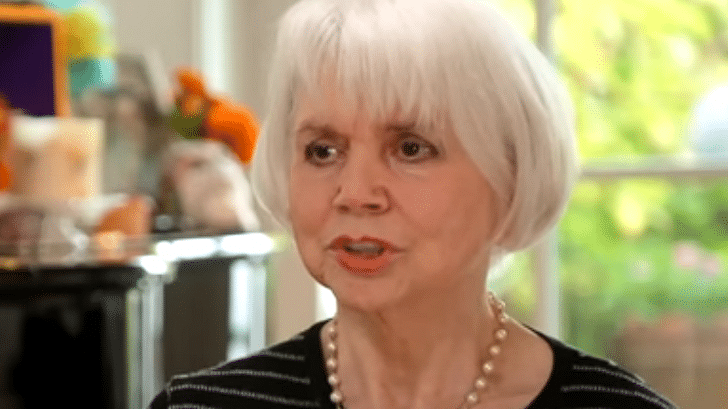In the vibrant days of the 1960s rock scene, the Troubadour club in Los Angeles pulsated with the rhythms of emerging artists, including icons like the Eagles and Bonnie Raitt. It was here that Linda Ronstadt, a powerhouse in her own right, crossed paths with Brian Wilson, the creative force behind the Beach Boys. Their encounter marked the beginning of a unique friendship and a shared love for music that transcended boundaries.
In her memoir, Ronstadt fondly reminisced about her interactions with Wilson during his bachelor days.
She recalled moments when he stood at her door, a few cents shy of buying grape juice, a remedy he believed in for his health. Ronstadt, always generous, would pitch in the remaining change. Together, they embarked on trips to the Laundromat, Wilson’s convertible brimming with laundry, showcasing his struggles with domesticity.
“Several times I discovered him at my back door, studying a little pile of coins he held in his hand, which he said was ten or fifteen cents shy of the price for a bottle of grape juice,” wrote Ronstadt.
“We would climb into his huge convertible with the top always down, the back stuffed with a sizable accumulation of dirty laundry,” she said.
Amidst these everyday adventures, their bond deepened over shared musical interests. Phil Spector’s records became the soundtrack to their conversations. Wilson, an avid Spector fan, found solace in the melodies, connecting with the music on a profound level.
Years later, their musical paths intertwined once again during the making of Ronstadt’s 1989 album, Cry Like a Rainstorm, Howl Like the Wind.
Wilson contributed his distinctive harmonies to the track ‘Adios’. Ronstadt marveled at Wilson’s unique recording process. He layered his harmonies on the song, meticulously recording them in five separate tracks. What struck Ronstadt was Wilson’s ability to embrace imperfections, finding beauty in the nuances of slight dissonance, creating a harmonious blend reminiscent of the Beach Boys’ signature sound.
“He came back into the control room to mix the harmony tracks into the creamy vocal smoothness instantly recognizable as the Beach Boys,” she wrote.
View this post on Instagram
Wilson’s creative process was unconventional, characterized by spontaneity and innovation. He composed harmonies on the spot, experimenting with melodies until he found the perfect fit. Ronstadt witnessed his determination as he retreated to a piano, resolving complex sections until he mastered them. It was during these moments that Ronstadt recognized the depth of Wilson’s emotional expression, acknowledging the pain and passion that infused his music.
In awe of his musical prowess, Ronstadt paid tribute to Wilson’s genius, describing his melodies as profound expressions of emotion.
She marveled at the exquisite arc of melodies like ‘Don’t Talk (Put Your Head On My Shoulder)’, a song that captivated her with its paralyzing yet galvanizing silence. For Ronstadt, Wilson’s ability to convey such depth through music elevated him to unparalleled heights in the realm of popular music.
“‘Don’t Talk (Put Your Head On My Shoulder)’ has one of the most beautiful arcs of a melody I’ve ever heard. How can you sing about not talking, about silence? It’s paralyzing and galvanizing at the same time,” she said.
In the tale of Linda Ronstadt and Brian Wilson, we find a testament to the transformative power of music and the enduring impact of shared creativity. Their friendship, woven through melodies and harmonies, stands as a testament to the universal language that unites hearts and souls, leaving an indelible mark on the annals of music history.

